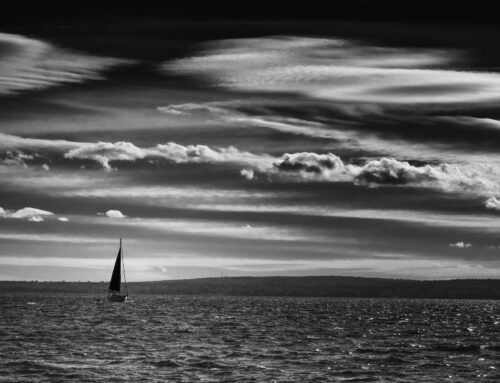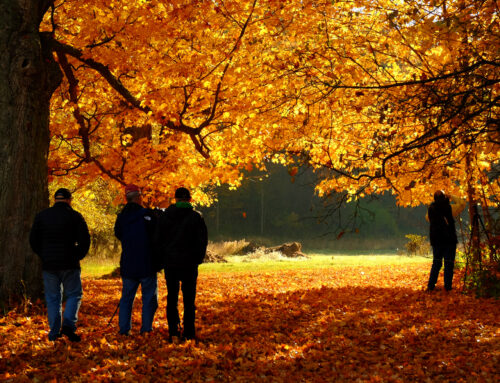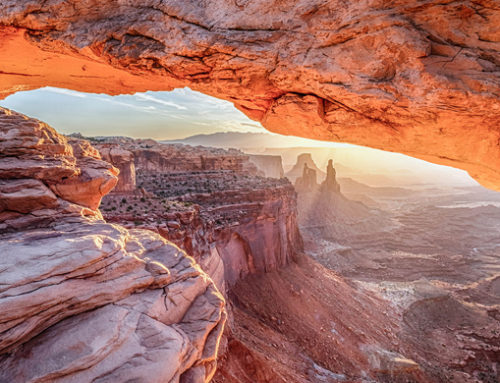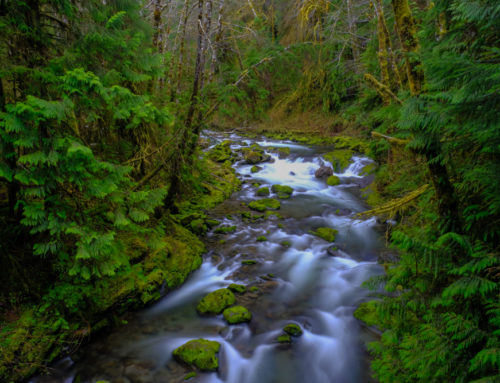I just returned from shooting the Big Island of Hawaii. It was tough to get in everything available in 5 days of shooting but thanks to some good friends, and some good luck it was quite an experience.
I shot with one of my workshop attendees who has come to be a good friend, Greg Duncan, from San Diego. Greg had to be there for some business but that didn’t stop us from getting to see most of the island.
It’s about 225 driving miles around the coastline. You can drive across the island on the Saddle Road, but due to time ( that road is very windy, but we heard its beautiful) we took the main roads around the island.
The west side, or the Kona side is pretty much always sunny. The water is clear, the beaches are good and there is little rainfall to deal with. The Hilo side is much greener and filled with lush vegetation ( Hilo gets around 140″ of rain per year) Both sides of the island are extremely different.
After traveling on Monday we met up with a good friend, Paul McMahon who has relocated to the Big Island from the mainland. Paul was gracious to show us some less travelled spots. The first spot was the beautiful Waipio Valley, located on the north and western side of the island.
What a bizarre place this valley is. First, you need a 4 wheel drive vehicle ( with high clearance) to get down the 900′ drop at a 25% grade, one lane, curvy road. There’s a guard at the top, who will let you go if you have the right vehicle.
 Transversing a river in the valley
Transversing a river in the valley
About 1/2 way down the road, the Hiilewe Falls waterfall becomes visible ( 300′ waterfall).
You can see the ponds that the locals grow their taro.
The inhabitants of the valley have little communication with the rest of the world. Some are hippies, some are Viet Nam Vets, some are local Hawaiians who really don’t care for visitors, as we witnessed a few times ( one van almost ran some folks over obviously on purpose). I am told the police don’t even go down there and let the locals settle their differences. If you can deal with all of this, you can get some great images as the valley is a really beautiful. Another reason for a high clearance vehicle is because you have to transverse some 2-3′ streams that bisect the road down in the valley. (The water is not good, as the leptospirosis bacteria is rampant in this water. If you cut yourself its not good and even water treatment pills don’t work against this bacteria). Anyhow, it certainly was an experience and we got some good images, thanks to Paul.
 Lush Vegetation in the Waipio Valley
Lush Vegetation in the Waipio Valley
We meandered around the northern areas of the island, around Wiamea and Waikoloa looking for shooting opportunities.
What was really interesting was the diversity of the nature of the big island. We were in areas that looked as green as Ireland, and places that reminded me of northern California, with prickly pear cactus, flowering hillsides and lots of cows.
The next day Greg & I st out south of Kona and eventually to the Volcanoes National Park on the SE Side of the island. We stopped at Puuhonua O Honaunau National Historic Park where we shot a green sea turtle posing on the beach.
We then stopped at an old fishing village called Milolii and had a good hamburger at Neehehu, ( at the southernmost bar in the United States!) We stayed the night in the park at the Volcano House located in the VOLCANO’S NATIONAL PARK. I was not overly impressed with the accommodations but at least it was where we wanted to be in the morning. There are good roads in the park that lead to vistas of the crater of the Kilauea Volcano.
 Volcanic Mountainside, near the ocean
Volcanic Mountainside, near the ocean
There are great views of the crater from the western side. We got some great shots of the steam, in the morning light coming up inside the crater in the morning.
 Morning light on the steam & crater
Morning light on the steam & crater
You can walk around dodging the steam vents.
The sulphur odor can be irritating!. We drove the Chain of Craters road right out the the ocean, where the cliffs of lava come right to the sea.
Unfortunately there was no red lava flowing like you see while we were there. Oh well! The last eruption was in 2003. The elevation here is a little over 4000′ and it gets quite chilly. While driving around the crater you stop to check out what is called a rift zone. This is where the rocks & magma force the rocks to spread apart. Eventually there will be a lava flow in these rifts.
We then headed north on the east side of the island toward Hilo, the largest city on the island. We didn’t stop there due to tome, but it looked like a nice place to come back to. We did stop and shoot in the Hawaii Tropical Garden north of Hilo. You walk down int o a valley with amazing plants and photo opportunities.
We spent time exploring the little towns of Hawi ( pronounces Ha-ve) and Kapaau on the north side as well as the Kohala Coast. We found some good sunset locations and many other subjects to shoot. All in all it was a fun week.
Again, my thanks goes out to Greg Duncan, to Paul and his family for not only showing us lots of cool things but giving us a great meal ( Lana is a great cook!) and to my good friend Bob Hitchman ( www.photographamerica.com) for once again giving us lots of great information on a place that was new to me.






















Wow Jack, awesome images.
Welcome back bwana!
Good eye for the shots!
Now take it easy on the sharpening.
Great shots, Jack. Welcome back!
Jack after further review, these are still awesome!